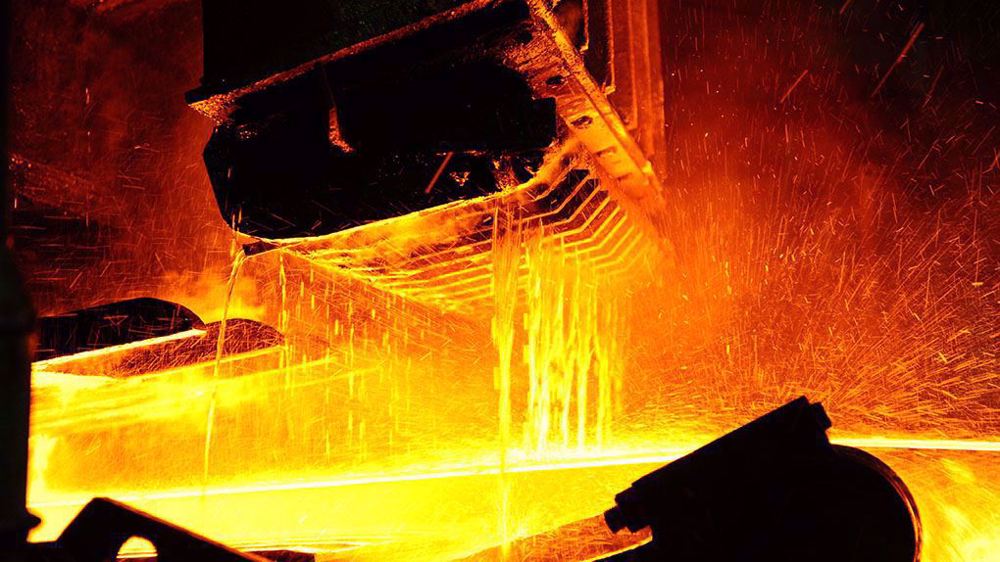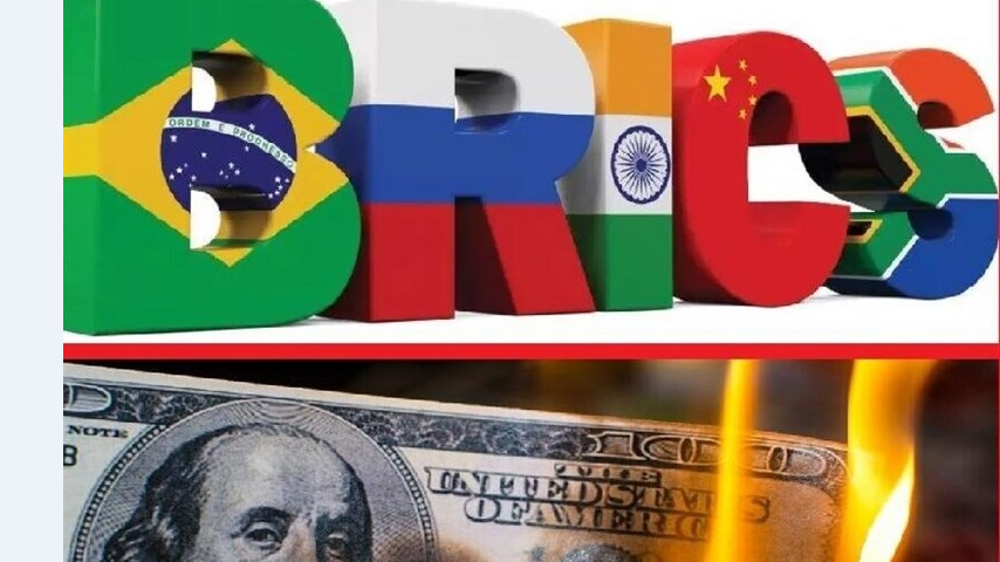Iran urged to review China import plans over weaker yuan
Concerns are rising in Iran that the falling value of the Chinese yuan could make imports from the country more expensive.
Morteza Allahdad, an Iranian economist, has been quoted by the media as saying that the government should revise its plans over imports of goods from China in light of the weakening yuan.
The devaluation of the yuan, he said, could expose Iran to unwelcome economic consequences.
“China is Iran’s top trade partner and the drop in the value of the yuan will definitely lead to an increase in exports of Chinese commodities to Iran,” Allahdad has been quoted as saying by Tasnim News Agency.
“Therefore, it is necessary that the government takes measures to change its policy toward importing goods from China for the short term.”
The Iranian economist further said that the world could soon witness a new wave of financial crisis as a result of the devaluation of the yuan.
The most susceptible to any new crisis from China, he said, will be producers of raw materials like oil which the world’s second largest economy uses for productions of its goods.
China is Iran’s biggest oil client in Asia and official figures show that the country imported an average of 500,000 barrels per day of Iran’s oil in 2015.
Based on figures provided by Iran’s Chamber of Commerce, the country imported a total of $6.7 billion worth of different products from China over a period of 10 months starting 21 March 2015. The imports mainly comprised industrial equipment, toys, different consumer items, computers, electronic parts, chemicals, and cereals.
This is while the exports from Iran to China – excluding crude oil - over the same period stood at $4.6 billion and the main items includes oil and gas products, minerals and metals, handicrafts and dried nuts.
The devaluation of the yuan could also undermine a reported plan by the two countries to use a currency swap mechanism to facilitate their mutual trade.
The mechanism – that was announced by Iran-China Chamber of Commerce - envisages payments in yuan to suppliers of commodities and services to Iran in return for the oil that Beijing purchases from Tehran, Iran’s media reported earlier this week.
Majid-Reza Hariri, the deputy head of Iran-China Joint Chamber of Commerce, has been quoted by the media as saying that the two countries are in early talks over the scheme, adding that they yet need to work out its related technicalities.
NYT: Don’t use words ‘genocide,’ ‘ethnic cleansing’ in Gaza war coverage
Iran hit Israeli military, intelligence bases linked to Syria attack: FM
VIDEO | Israel Gaza aggression
How Iranian missiles and drones evaded Israel’s much-hyped air defenses
70,000 pro-Palestine people in UK urge London to end arms exports to Israel
VIDEO | Gaza, Hezbollah, and decline of Zionism
Iran Greco-Roman wrestlers win Asian championship
Gaza authorities slam Israel for torturing Palestinian children










 This makes it easy to access the Press TV website
This makes it easy to access the Press TV website